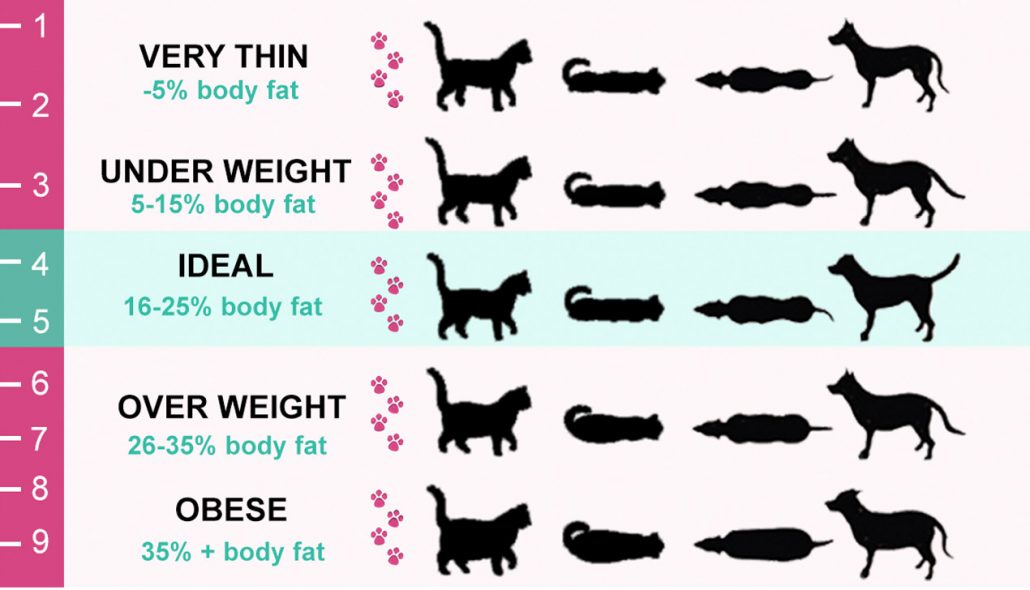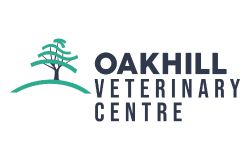The shape of your pet can indicate whether your pet is overweight, underweight or of an ideal weight. Many people will look at their cat and dog and think they’re healthy, but don’t realise that their weight or shape isn’t correct.
Understanding your pet’s shape and monitoring it over time will help you keep your pet’s weight in check. Sudden weight gain and weight loss can also indicate health problems, therefore if they’re not overeating and have no cause for the changes in weight, you’ll be able to pick up on this quickly and discuss it with your vet.
Checking your dog’s shape
The shape of your dog will indicate if they are over weight, the steps below can help you determine this.
- You should be able to see and feel the outline of your dog’s ribs without excess fat covering.
- You should be able to see and feel your dog’s waist and it should be clearly visible when viewed from above.
- Your dog’s belly should be tucked up when viewed from the side.
If your dog does not pass these checks, or if you’re in any doubt please contact your practice. We will be able to provide a health check, advice and nutritional guidance to help your dog shift any extra weight.

Checking your cat’s shape
The shape of your cat will indicate if they are over weight, the steps below can help you determine this.
- You should be able to see and feel your cat’s ribs, spine and hipbones.
- Your cat’s waist should be clearly visible when viewed from above.
- Your cats belly shouldn’t be sagging underneath, there should only be a small amount of belly fat.
If your cat doesn’t pass these checks speak to your practice. We will be able to provide a health check, advice and nutritional guidance to help your cat shift any extra weight.
If you have any questions or concerns, please contact us.
